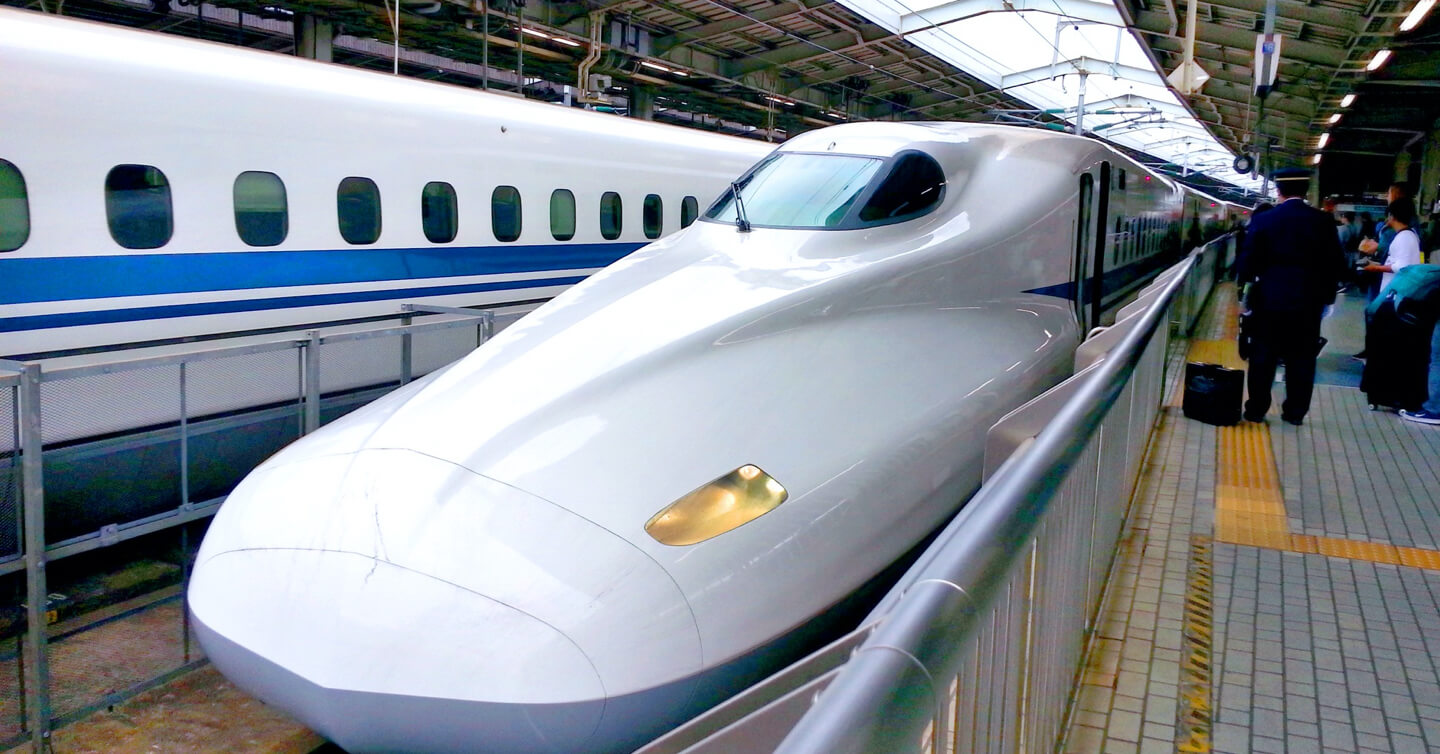Titayapa Meenapinunt
Energy consumption of rail passenger comfort levels.
Email: t.meenapinunt2@ncl.ac.uk
Supervisors
Project description
Energy plays an important role in our lives. It drives almost every activity. Increase in demand may lead to energy efficiency improvements in many systems such as buildings and transport.
Energy consumption in the rail transport sector is less compared to many other modes of transport. But the sector still faces pressure to reduce energy because of cost of operation and environmental issues. Urban rail transport is an important part of almost all cities. It makes a major contribution to a city’s economy and quality of life.
The largest non-traction related energy consumption is the HVAC (heating, ventilation and air conditioning) system. This is especially true in systems with air conditioning. But passenger ambient thermal comfort is the same limiting factor for energy reduction as in a building. This will extend investigations as the occupant environment in railway vehicles is similar to that of buildings.
Thus, we will show that we can apply thermo design principles from building environments to urban railway vehicles. The optimisation will be based on passenger comfort level. This requires a significant energy demand to maintain perceived levels of comfort.
Interests
Railway, energy, thermodynamics.
Qualifications
- BEng (Mechanical Engineering) with Second Class Honors, Kasetsart University, Thailand.
- MSc (Sustainable Transport Engineering) with Merit, Newcastle University, UK
